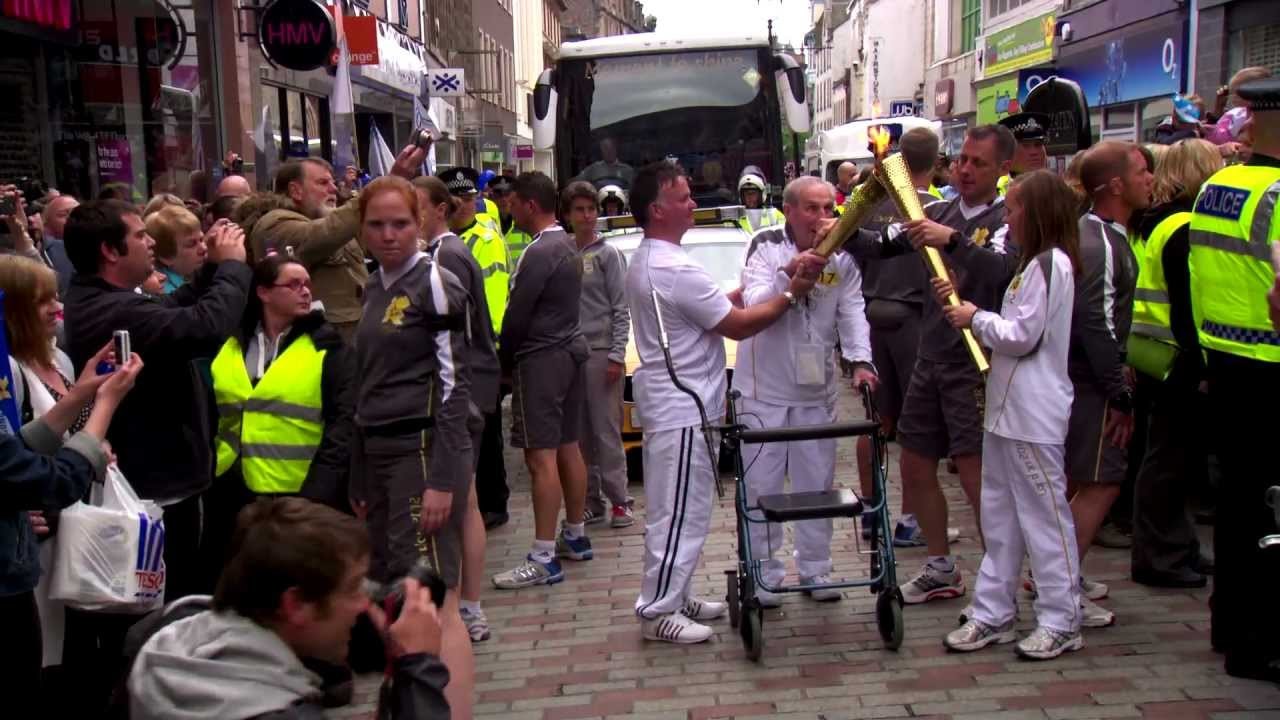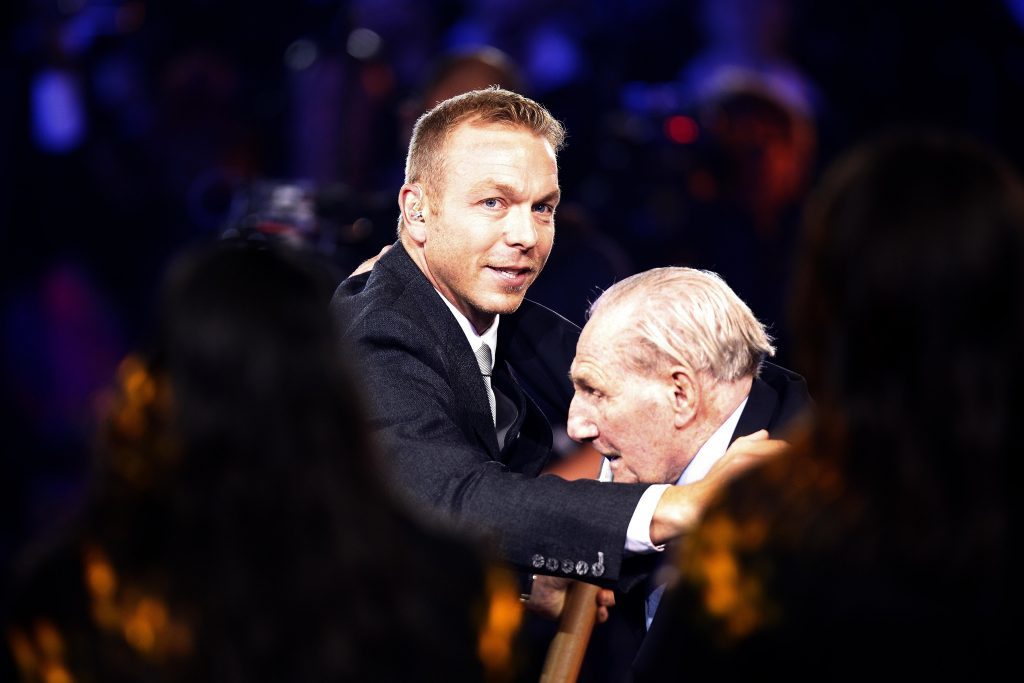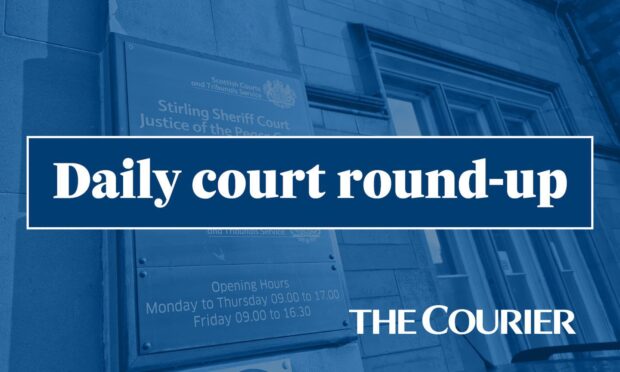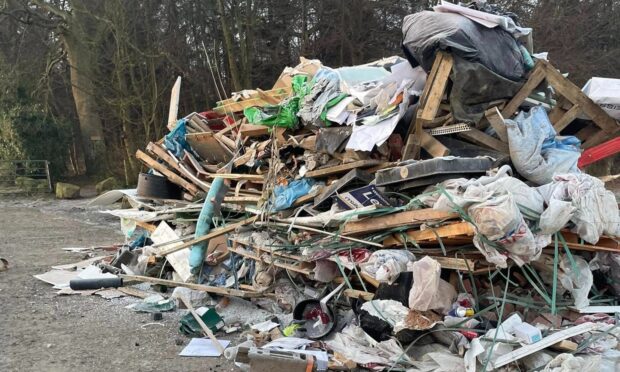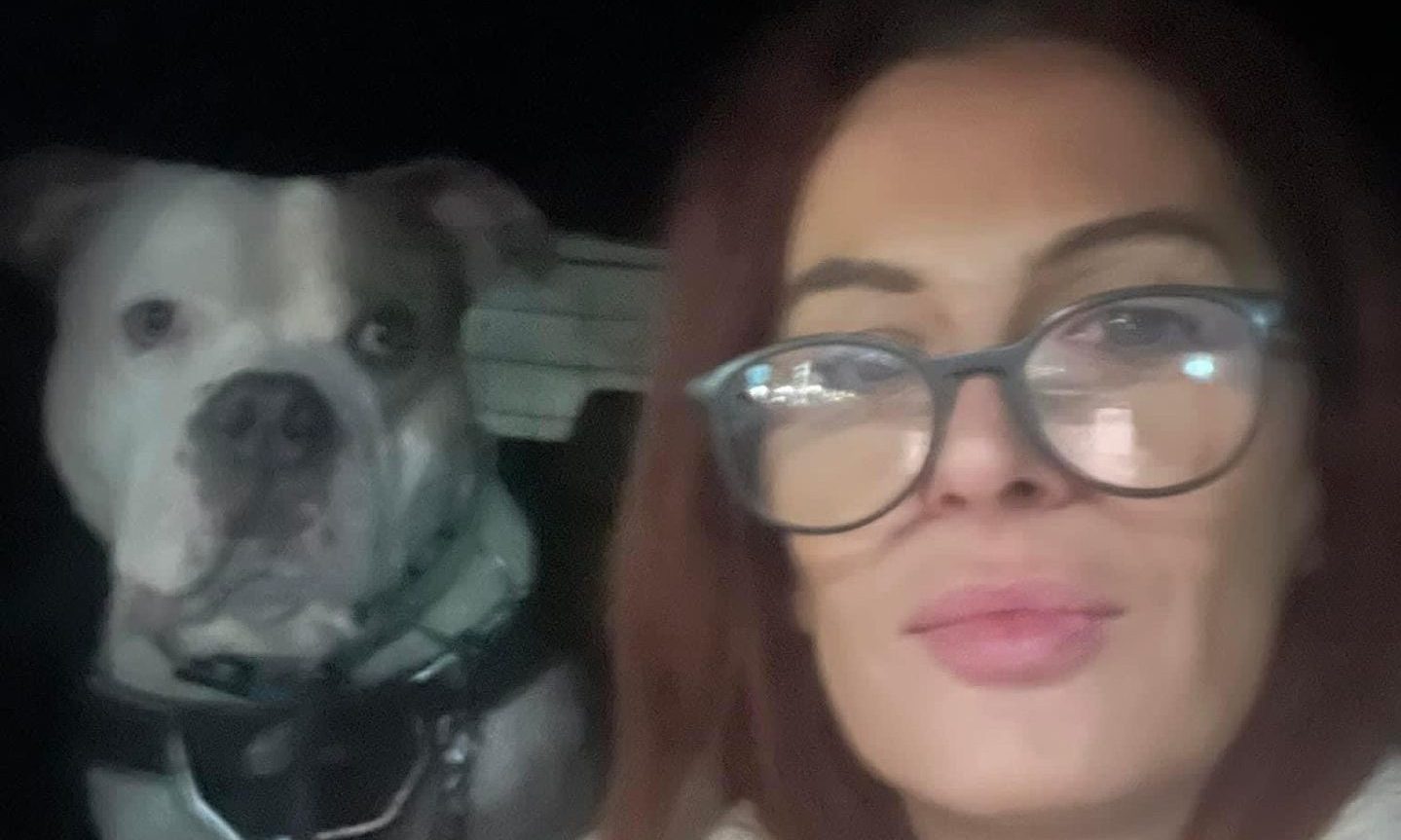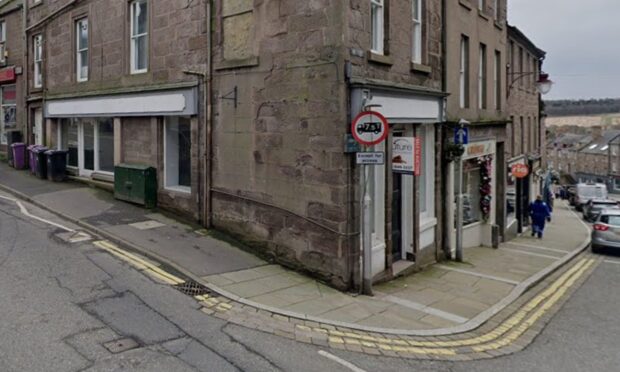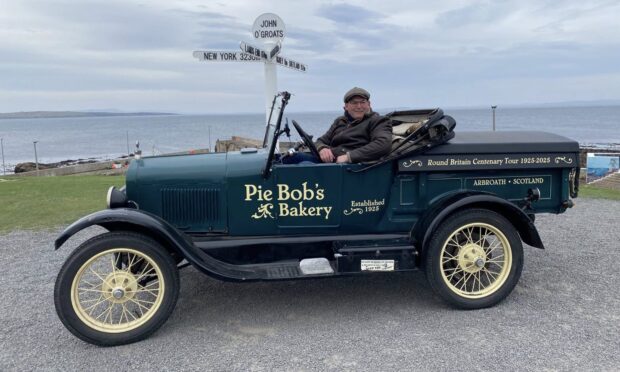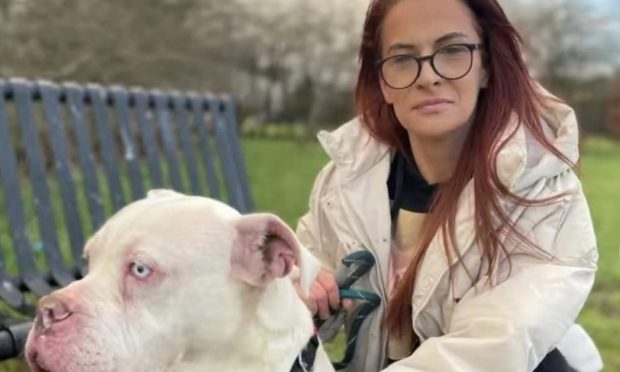The family of war hero Andy Coogan spoke of his love for Carnoustie as they prepared to lay him to rest on Friday – a day before what would have been his 100th birthday.
Family and friends including his nephew, multiple Olympic medal winner Sir Chris Hoy, will gather at St Anne’s in Carnoustie before a final farewell at Parkgrove Crematorium in Friockheim.
A talented runner, his potential to be a top class athlete was cruelly interrupted by the war, during which he suffered almost unimaginable trauma.
“He considered himself a humble, working man,” said Mr Coogan’s son, also Andy, who flew in with his family from Australia.
“He was born in the Gorbals but he settled in Carnoustie and he loved the serenity and the kindness of people in the town.”
He said that kindness had “certainly been shown” after the family were left overwhelmed by the “quite extraordinary” and “very touching” response to his death from the local community.
Mr Coogan said it was a “joyous occasion” where the family were celebrating an indomitable life well-lived,
“There is no need for sadness – he had a great life,” he added.
Relatives from all corners of the world have travelled to Angus to mark Mr Coogan’s passing.
Daughter Christine said: “There has been quite an incredible response to dad’s passing and we have been very touched by it.
“We have received messages from people from across the world.”
Before the outbreak of war, Mr Coogan had built a reputation as one of Scotland’s brightest athletes and was taking on the best in the world over a mile by 1940.
But his running career and dreams of competing in the 1948 Olympics in London were shattered with the outbreak of war and after being posted to India, he fought in the Malayan campaign and was taken prisoner by the Japanese in Singapore in 1941, at the age of 24.
Put to work in the Kinkasaki copper mines and on the railways in Formosa, now Taiwan, he somehow survived to tell the tale.
He survived for almost four years in captivity.
At Heito, he was forced to dig his own grave on two occasions, and was being held only 20 miles from Nagasaki when the second atomic bomb dropped in 1945.
When he returned from war he weighed around six and a half stone and was never able to compete at the highest level again.
He told these stories to his nephew Sir Chris as an eight-year-old boy in Edinburgh, which the cyclist said inspired his own life.
Mr Coogan married Myra, his wife of 65 years, and had three children, Andy, Christine and Jean.
He continued to run, and in his seventies he won a silver medal at the British Veterans’ Athletic Championship.
He worked as a painter and decorator in Carnoustie, although he continued to train children at his local Tayside Amateur Athletic Club until 2008.
He captured his wartime experiences in a book, entitled Tomorrow You Die.
The world’s attention was on Mr Coogan when he carried the Olympic torch in 2012, and the Queen’s Baton ahead of the Commonwealth Games two years later.
